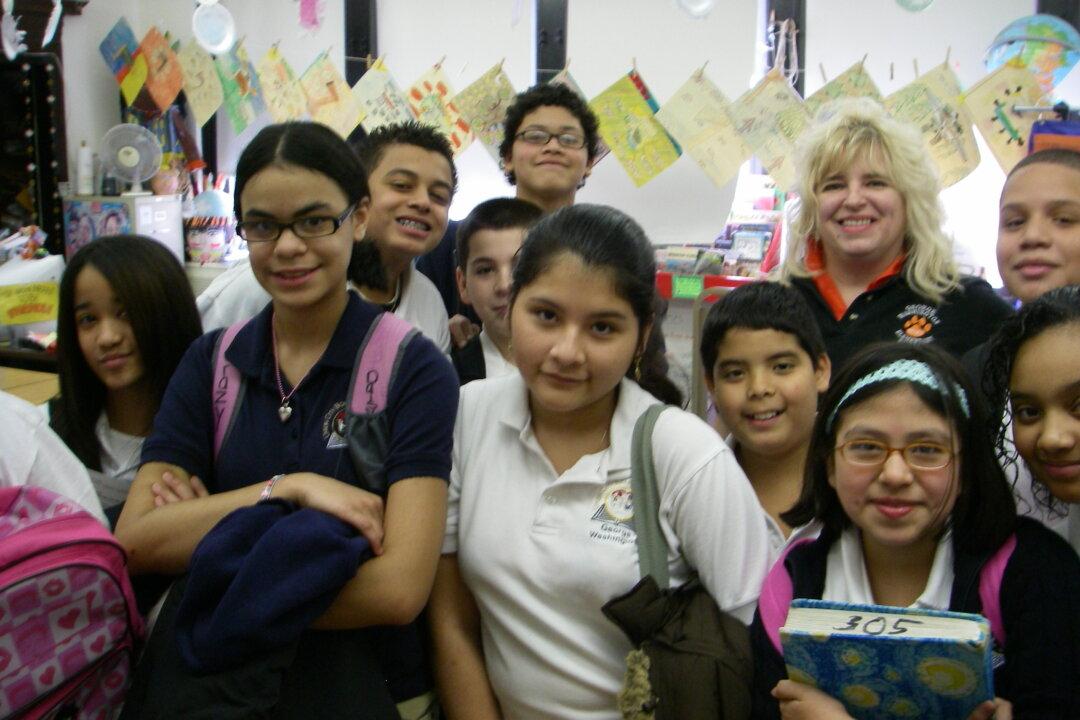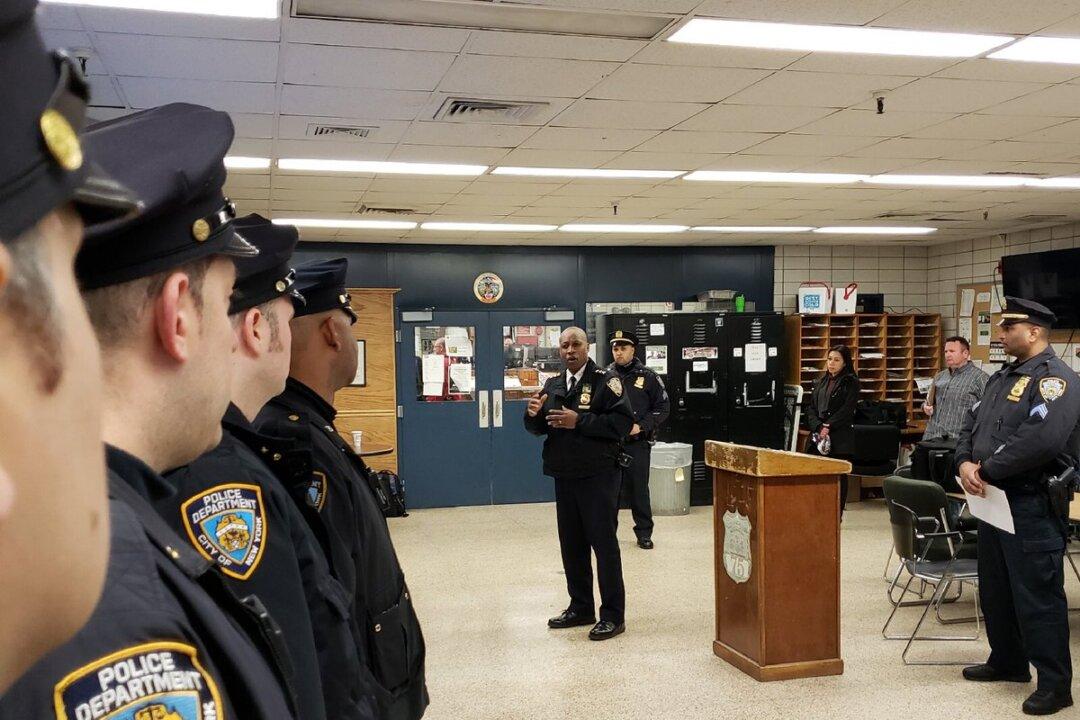Michelangelo painted the Sistine Chapel and Da Vinci portrayed the Mona Lisa. Through the works of artistic masters, people can glimpse moments of darkness and brutality, but also find serenity, comfort, and inspiration.
But above and beyond the mastery of all of the world’s greatest artists, only a teacher can mold the heart of a child and the future of a nation.
Since the Columbine tragedy I have been privileged to travel America, speaking to thousands of teachers. My constant message is that our teachers must educate from the heart and truly care about their students. Whenever I visit schools, the teachers who care stand out. They earn trust from their students and inspire determination—because the students know these teachers care about them.
In one of my experiences, while conducting an assessment for a school district, a student approached me with a commentary of what can happen without a culture of caring. The student told me that each day when she came to school she felt “invisible.” She explained that she was not popular, attractive, talented, smart, or fashionable and ate lunch by herself in a corner of the cafeteria on a daily basis.
Seizing the moment, I introduced her to a dynamic new teacher who I had interviewed a few days prior and asked this educator to take her under her wing. Weeks later I visited the district again and marveled at the transformation the teacher ignited—the student was vibrant with enthusiasm, new friends, and a new sense of belonging and purpose.
Cultivating a Preventive System of Education
In my opinion, there are essentially two basic forms of education in American schools. There is the repressive system that makes rules known, watches for transgressions, and is quick to discipline a student by inflicting condescending correction and punishment. The errant zero-tolerance policy in so many schools is an example of a repressive system—rigid, bureaucratic, and impersonal.
The proper approach is the preventive system of education. In this system, educators are vigilant in a caring manner and offer patient guidance from the heart consistent with kindness, character, and reasonableness. The preventive system of education builds trust and connections with students and the community. The opposite of a zero-tolerance approach is a measured intervention approach that promotes reasonableness, dignity, and respect. Simply expressed, the repressive system is dictatorial and may temporarily stop a disorder, but will not inspire students. The preventive system speaks the language of the heart and is transformational.
These are some of the principles of the preventive system of education, which is critical to reawakening the nation and must be cultivated in America’s schools:
- Teachers inspire admiration as they care for youth entrusted to their care.
- Teachers are respected as individuals with character, and motivate the same in their students.
- The edifice of the preventive system is character and its pillars, which include respect, responsibility, fairness, and citizenship.
- A vigilant presence is exercised to prevent inappropriate behavior and reward proper behavior.
- Improvements with behavior are motivated through kindness and respect rather than punishment.
- A collaborative and speedy intervention to warning signs takes place due to the educator’s presence and awareness.
- Educators influence through positive attitudes, professionalism, and approachability.
- Discipline can be as effective as an expression of disappointment or a reproachful look because the student admires the teacher and is loyal and respectful.
- Students are affirmed for their qualities and do not lose heart when mistakes are made.
- Students are encouraged to do what is right through the teacher’s patience, guidance, and understanding.






